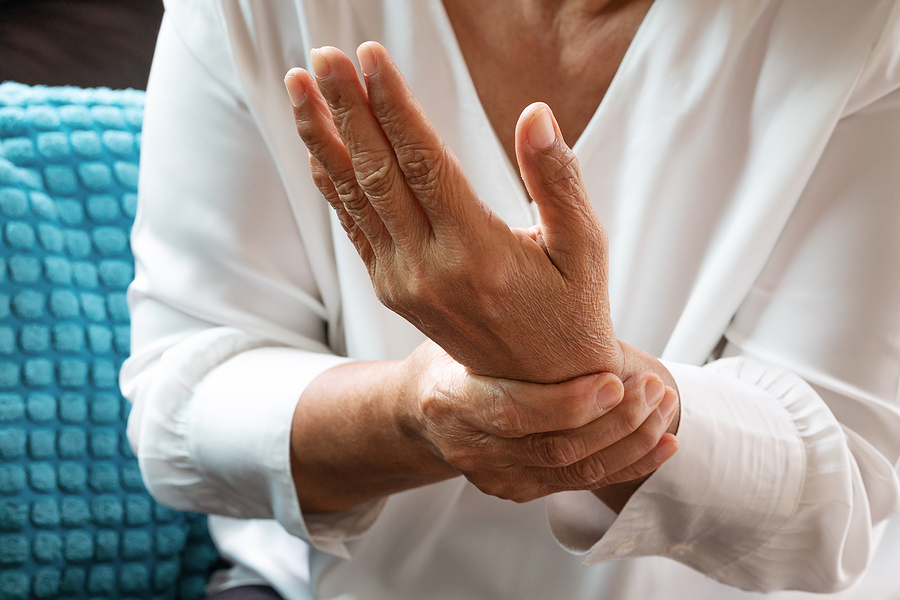I’ve written before about alternatives to conventional anti-inflammatories, but if you’re dealing with chronic pain here’s an option worth knowing about.
PEA — short for Palmitoylethanolamide — is a fatty molecule made by our bodies to deal with pain and inflammation. It also occurs in foods such as meat, egg yolk, soy and peanuts.
When pain is chronic we deplete our own PEA reserves, but since 2012 it’s been compounded in Australia to help conditions such as arthritis (osteo and rheumatoid), sciatica, fibromyalgia, gut inflammation, migraine, peripheral neuropathy, nerve compression pain, pelvic pain and carpel tunnel syndrome.
It’s taken as capsules and sometimes used in a cream applied to the skin. There’s not a lot of evidence for the cream yet though it’s thought to help calm the nerves close to the skin while the effect of the capsules is kicking in.
The advantage of PEA is that it doesn’t have problematic side-effects, including no issues with addiction. It can be used alongside pain medications (such as Lyrica) and even boost their effectiveness.
Moreover, you don’t need a doctor’s prescription.
That’s handy given this is a product that a compounding pharmacist is more likely to know about than a GP, although the number of GPs aware of it is growing.
Despite that, PEA has been known about for around 60 years and there’s a reasonable body of research into its use, especially for neuropathic pain.
There are three considerations for anyone looking to try PEA.
First, you need to be patient. Long-term pain and damaged nerves take time to settle. The Sydney-based Women’s Health and Research Institute of Australia, which deals with issues such as chronic pelvic pain, advises patients to allow two to three months to see improvement.
It also doesn’t work for every kind of pain.
The second issue is that it means taking one or two capsules two or three times a day — a possible deterrent if you don’t like taking things. Once the pain has subsided many people can go on a lower maintenance dose though.
Finally, it’s not cheap. Expect a couple of months of PEA capsules to cost about $130.
But if you’re willing to navigate those obstacles and you can find a supportive pharmacist it could be a valuable part of improving your quality of life.

